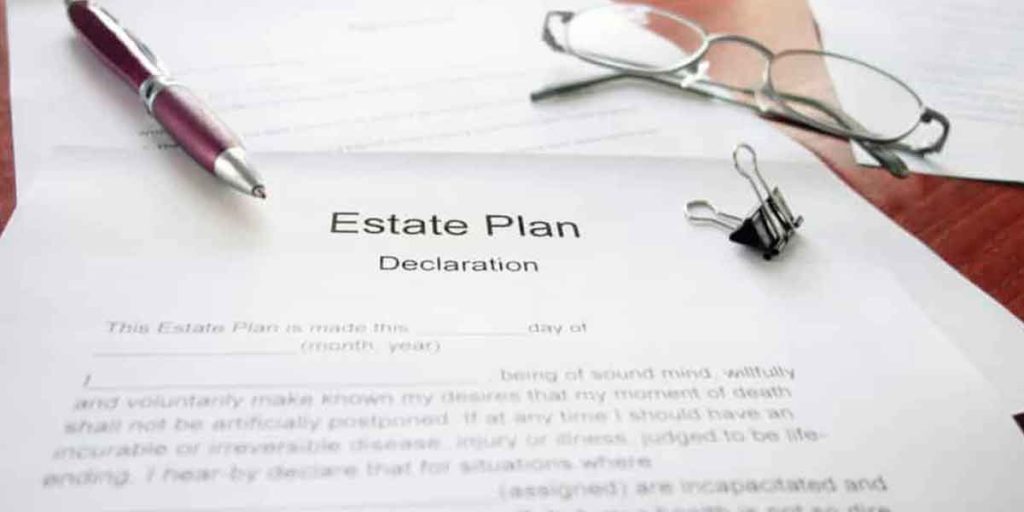A single mistake is enough to ruin your estate. That said, you must ensure that you avoid mistakes that can disrupt your estate plan. Below we have listed some of the common deadly estate planning mistakes you need to avoid
What is an Estate Plan?
An estate plan is simply a plan made to ensure that your assets are well managed and distributed after your death. This plan is also designed to cater to your needs in the event that you become incapacitated. An estate plan is not a single document, Rather, it comprise of several dements set up to protect your assets and personal property. This document explains how you want to transfer you assets and whom you want them transferred to.
An estate plan holds your wishes and specifies exactly who will guard those wishes and act on them after your demise.
7 Deadly Estate Planning Mistakes
- Failing to create an estate plan:
The first estate planning mistake on our list is the failure to create an estate plan. If you fail to create an estate plan that comes with a will, your assets might end up being distributed according to state law, irrespective of your wishes. To prevent this from happening, ensure you create your estate plan before it’s too late.
- You don’t understand your estate plan:
Surprisingly, there are many people out there who don’t understand their estate place regardless of the guidance of a competent estate planning attorney. Simply signing estate planning documents, and not knowing what you are signing, or what it manes can be an issue.
- Failure to update your beneficiary form
Of course, your will mirrors your intentions regarding your assets; that is who gets what, where, when, and how. However, a will is often superseded by other estate planning documents such as beneficiary forms for retirement plans, annuities, including life insurance policies. Thus, like your will, these forms must be updated.
- Failure to set up a trust
Failure to set up a trust is another deadly estate planning mistakes. Aside from being a tool used to facilitate the transfer of assets, a trust can also be used to bypass the expensive, stressful, and time-consuming probate process. Failure to set up a trust, will leave your estate at the mercy of probate.
- Failure to create a power of attorney
A power of attorney is a legal document that allows you to choose an individual who will make decisions for you if you become incapacitated. Failure to create this document will give the court the right to select an individual to make those decisions on your behalf.
- Failure to update your estate plan
An estate plan is not something you create and lock up in your cupboard till you pass on. You need to update your estate plan regularly, especially after a significant event or occurrence like a divorce, the birth of a child, etc.
- Failure to properly title assets
Both inside and outside of trusts, the way in which you own assets make a huge difference. For example, if you own properties as joint tenants with rights of survivorship, the assets will go to the other designated individual, like your spouse after your passing.
Not only is titling assets important, you should examine these designations regularly, just as you should your beneficiary designation.
Need an estate planning attorney?
Due to the complexities that surrounds the estate planning process, you may need the services of an estate planning attorney. With the help of an estate planning attorney, you should be able to not only plan your estate but update the plan later in the future.
An estate planning attorney can also offer you and your family valuable advice that could end up being a lifesaver. In addition, he can help in setting up various important legal estate planning documents like a power of attorney, healthcare directives, a living trust, etc.
If you want to plan your estate, and you need the services of an experienced estate planning attorney, please, don’t hesitate to contact us. Also, if you need help with updating your estate plan, you can contact our office as well. We boast of competent estate planning attorney who can help in creating an estate plan that suits your needs









